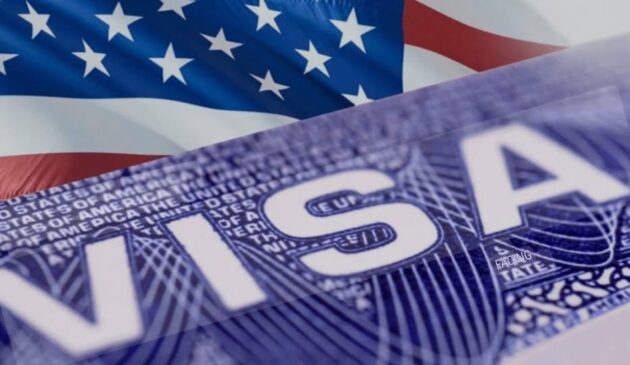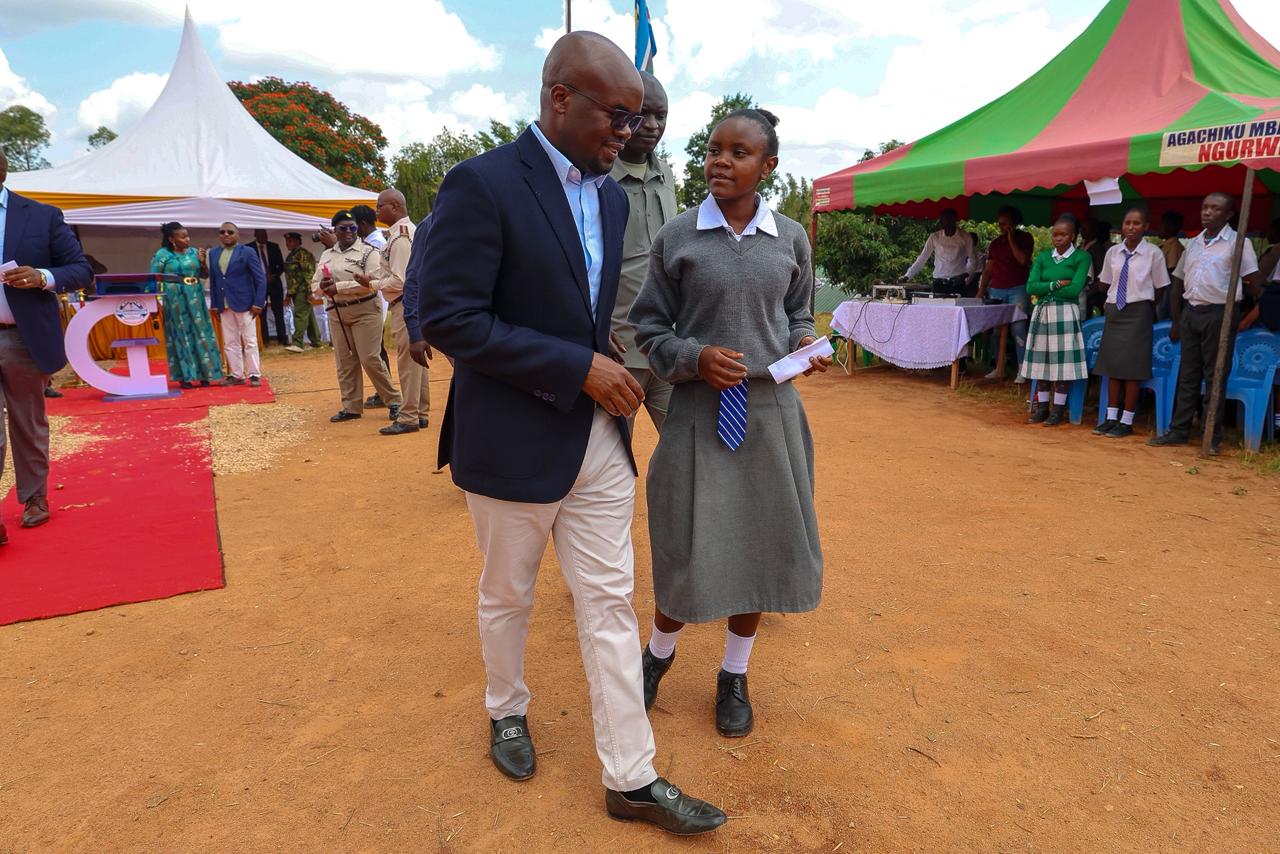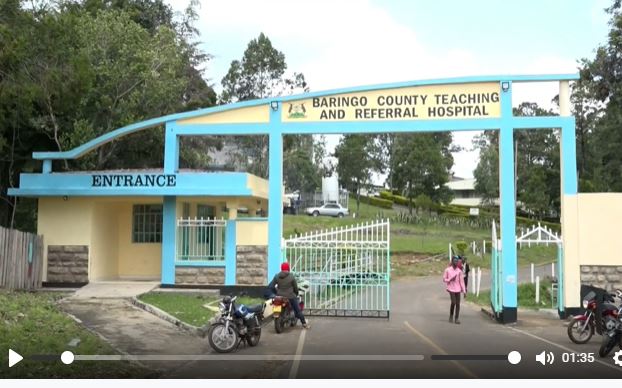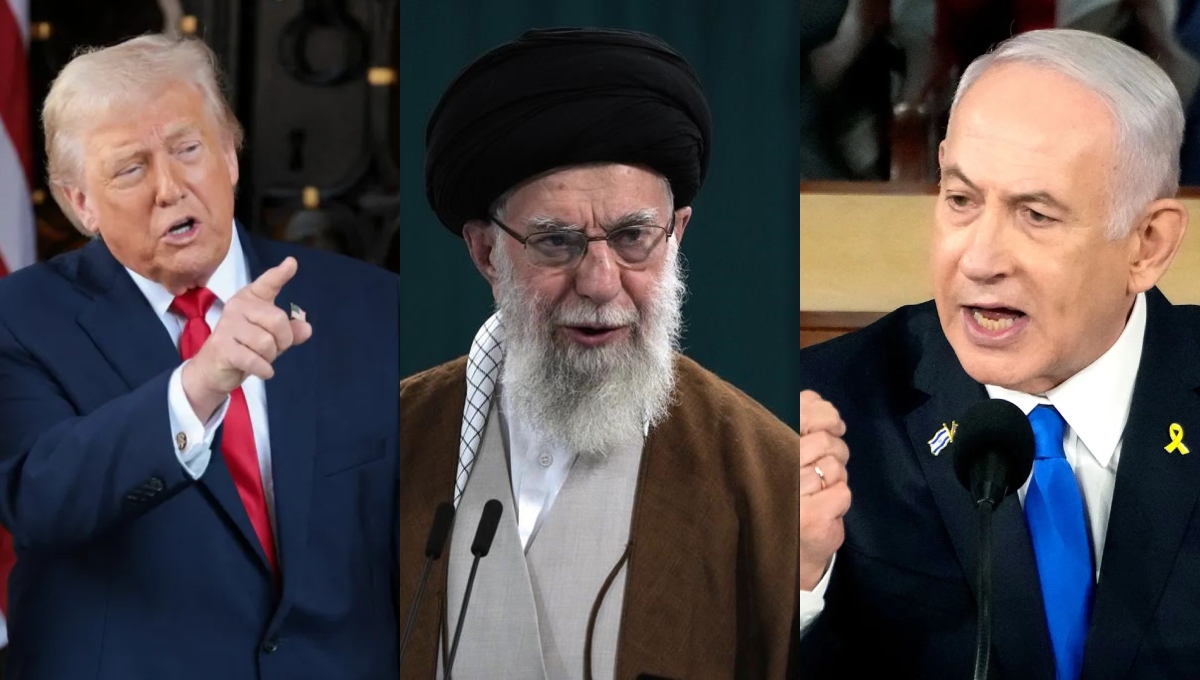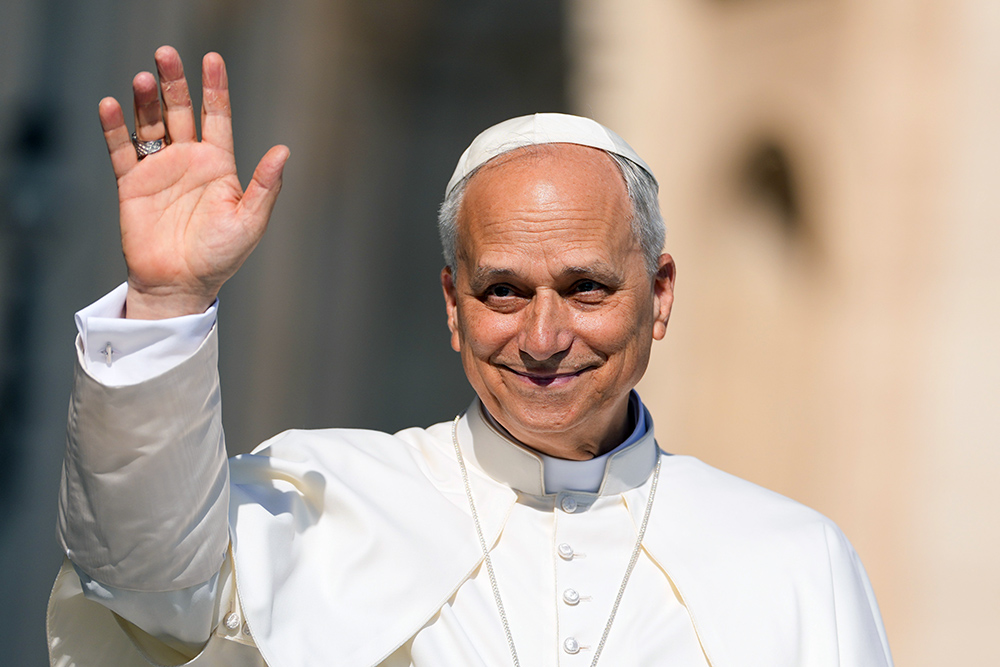In a move that stunned diplomats and disrupted diaspora networks, the US Department of State has announced that Nigerian, Ethiopian, Cameroonian and Ghanaian nationals applying for most non-immigrant visas such as tourist, student and exchange categories will now receive single entry visas valid for only three months. This marks a stark departure from multi-year, multiple-entry visas often granted for up to five years.
The change, explained by the U.S. Embassy in Abuja, falls under a global visa reciprocity policy framework, wherein visa privileges are aligned with what nationals offer American travelers. However, the Nigerian government strongly disputes this justification. Officials maintain that U.S. citizens continue to enjoy long-term multiple-entry visas to Nigeria, suggesting a diplomatic disconnect or misinformation. Nigeria, which issued nearly 20% of all U.S. non-immigrant visas granted to sub-Saharan Africans in 2024, perceived the directive as not just inconvenient but “disproportionate”.
Foreign Ministry spokesperson Kimiebi Ebienfa emphasized the burden this places on students, families, and business travelers, urging Washington to show “mutual respect and equity” in visa dealings. President Bola Tinubu’s office echoed this sentiment, asserting that Nigerian visa policies for Americans remain unchanged and calling for recalibration of the U.S. move.
This visa curtailment comes at a pivotal moment. Earlier in June, Nigerian Foreign Minister Yusuf Tuggar highlighted how the Trump administration’s broader travel bans are creating “non‑tariff trade barriers,” threatening emerging deals in rare‑earth minerals and energy partnerships between the U.S. and West Africa.
Nigeria isn’t alone in pushing back. The U.S. has also given 36 countries, including Nigeria, a 60‑day deadline to shore up passport security and reduce visa overstays, failure to do so would attract further bans For Nigerian students awaiting university admission in the U.S.
The truncated visa timeline is not merely bureaucratic, it can derail academic planning, scholarship applications, and campus housing arrangements. Entrepreneurs, tech workers, and diaspora visitors now face unexpected delays, repeated visa applications, and added financial strain all just as Nigeria’s tech sector seeks more global integration .
The Trump administration defends the policy shift as a necessary national‑security measure, targeting countries perceived to have weak document standards or high visa overstay rates. Yet critics view it as an extension of his earlier “travel bans” a politically charged tactic affecting mainly African and Muslim‑majority nations.
Abuja has initiated diplomatic talks, demanding clarification and restoration of equitable terms U.S. officials have signaled they are willing to discuss standards and performance benchmarks though the current path remains guarded.


